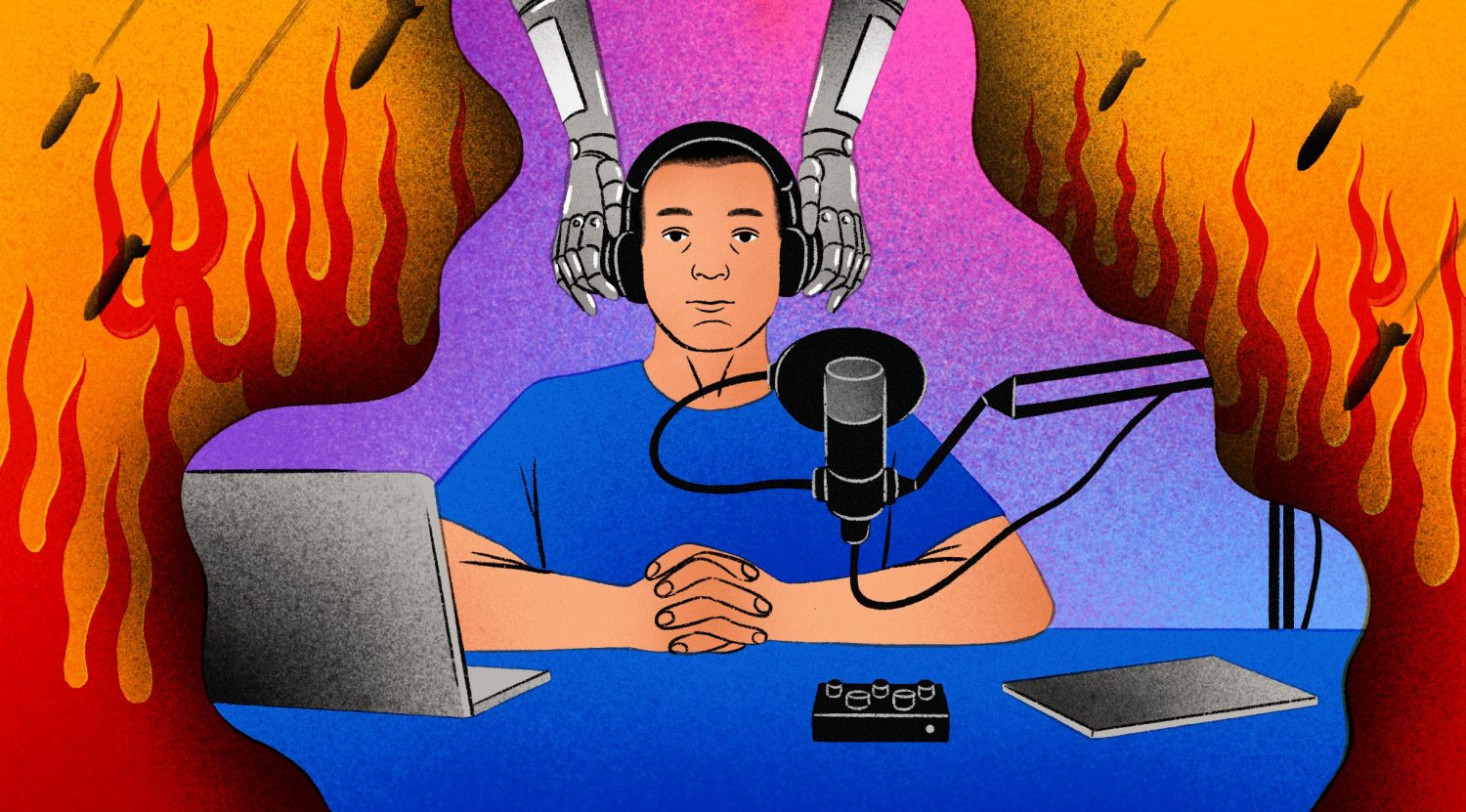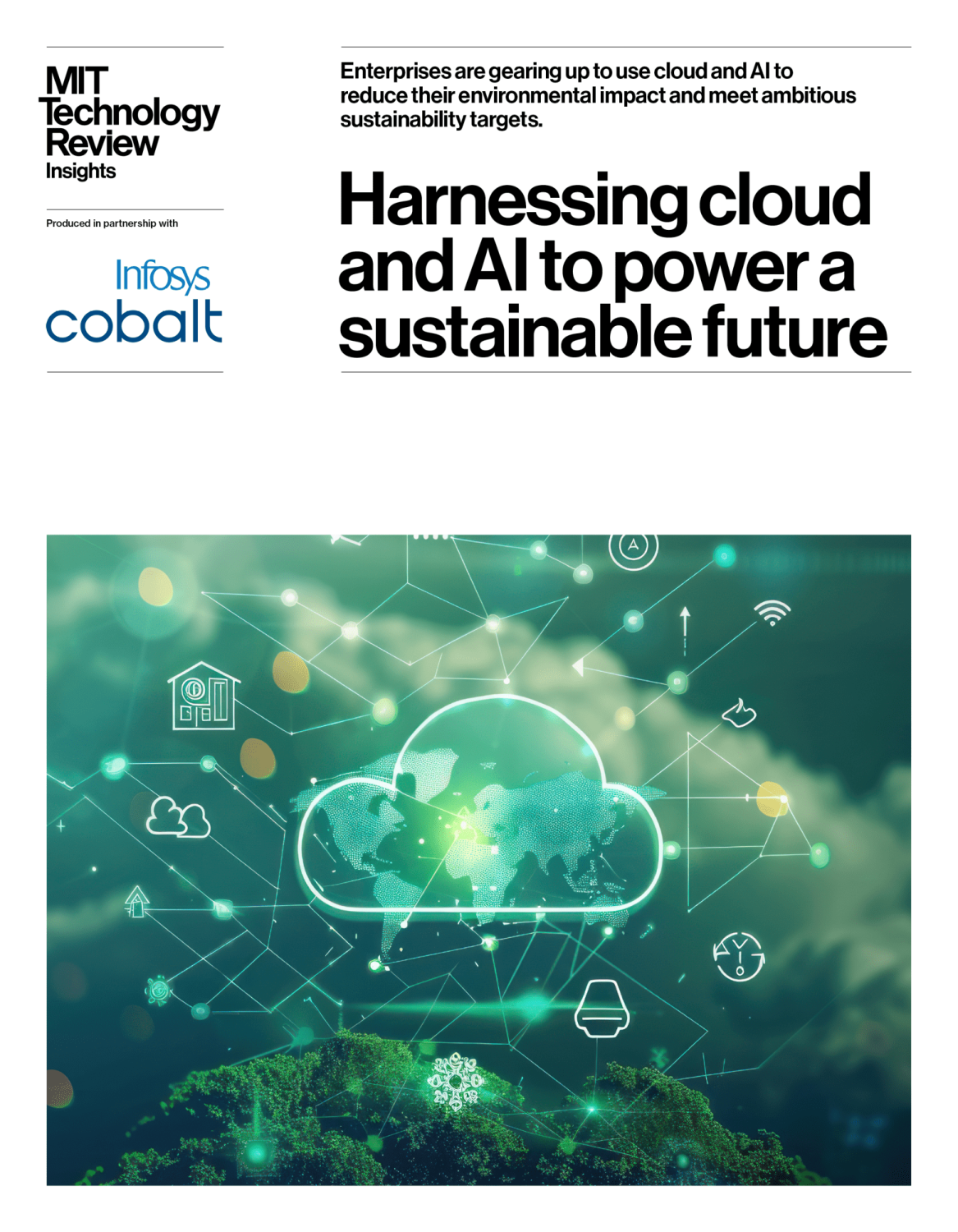
Your most important customer may be AI
Imagine you run a meal prep company that teaches people how to make simple and delicious food. When someone asks ChatGPT for a recommendation for meal prep companies, yours is described as complicated and confusing. Why? Because the AI saw that in one of your ads there were chopped chives on the top of a…
Read More
Inside China’s electric-vehicle-to-humanoid-robot pivot
This story originally appeared in The Algorithm, our weekly newsletter on AI. To get stories like this in your inbox first, sign up here. While DOGE’s efforts to shutter federal agencies dominate news from Washington, the Trump administration is also making more global moves. Many of these center on China. Tariffs on goods from the country…
Read More
This artist collaborates with AI and robots
Many artists worry about the encroachment of artificial intelligence on artistic creation. But Sougwen Chung, a nonbinary Canadian-Chinese artist, instead sees AI as an opportunity for artists to embrace uncertainty and challenge people to think about technology and creativity in unexpected ways. Chung’s exhibitions are driven by technology; they’re also live and kinetic, with the…
Read More
China’s electric vehicle giants are betting big on humanoid robots
At the 2025 CCTV New Year Gala last month, a televised spectacle watched by over a billion viewers in China, 16 humanoid robots took the stage. Clad in vibrant floral print jackets, they took part in a signature element of northeastern China’s Yangko dance, twirling red handkerchiefs in unison with human dancers. But the robots…
Read More
Designing the future of entertainment
An entertainment revolution, powered by AI and other emerging technologies, is fundamentally changing how content is created and consumed today. Media and entertainment (M&E) brands are faced with unprecedented opportunities—to reimagine costly and complex production workloads, to predict the success of new scripts or outlines, and to deliver immersive entertainment in novel formats like virtual…
Read More
The AI relationship revolution is already here
AI is everywhere, and it’s starting to alter our relationships in new and unexpected ways—relationships with our spouses, kids, colleagues, friends, and even ourselves. Although the technology remains unpredictable and sometimes baffling, individuals from all across the world and from all walks of life are finding it useful, supportive, and comforting, too. People are using…
Read More
Harnessing cloud and AI to power a sustainable future
Organizations working toward ambitious sustainability targets are finding an ally in emerging technologies. In agriculture, for instance, AI can use satellite imagery and real-time weather data to optimize irrigation and reduce water usage. In urban areas, cloud-enabled AI can power intelligent traffic systems, rerouting vehicles to cut commute times and emissions. At an industrial level, advanced…
Read More
AI crawler wars threaten to make the web more closed for everyone
We often take the internet for granted. It’s an ocean of information at our fingertips—and it simply works. But this system relies on swarms of “crawlers”—bots that roam the web, visit millions of websites every day, and report what they see. This is how Google powers its search engines, how Amazon sets competitive prices, and…
Read More
Can AI help DOGE slash government budgets? It’s complex.
This story originally appeared in The Algorithm, our weekly newsletter on AI. To get stories like this in your inbox first, sign up here. No tech leader before has played the role in a new presidential administration that Elon Musk is playing now. Under his leadership, DOGE has entered offices in a half-dozen agencies and counting,…
Read More
These documents are influencing the DOGE-sphere’s agenda
Reports from the US Government Accountability Office on improper federal payments in recent years are circulating on X and elsewhere online, and they seem to be a big influence on Elon Musk’s so-called Department of Government Efficiency and its supporters as the group pursues cost-cutting measures across the federal government. The payment reports have been…
Read More